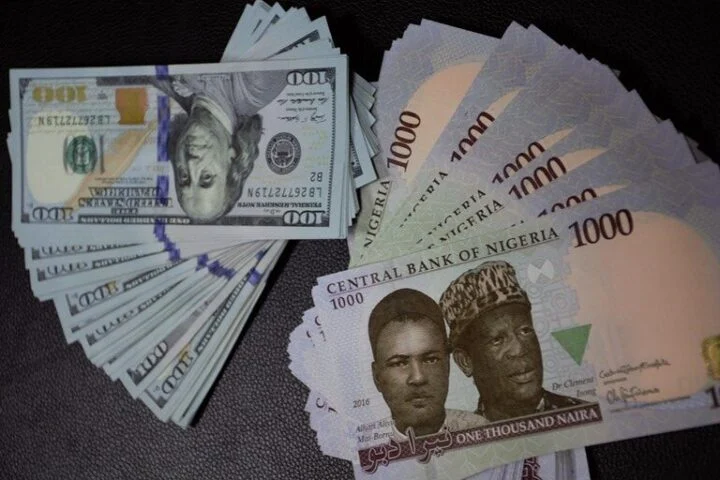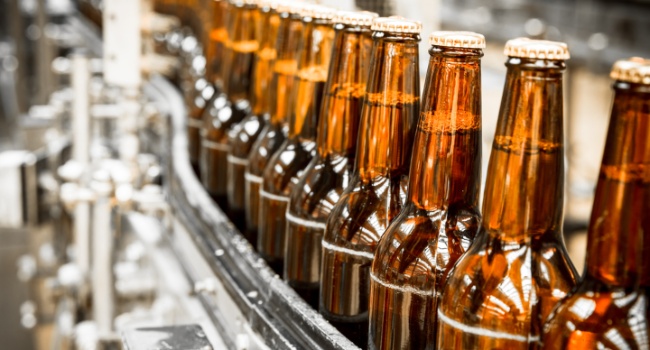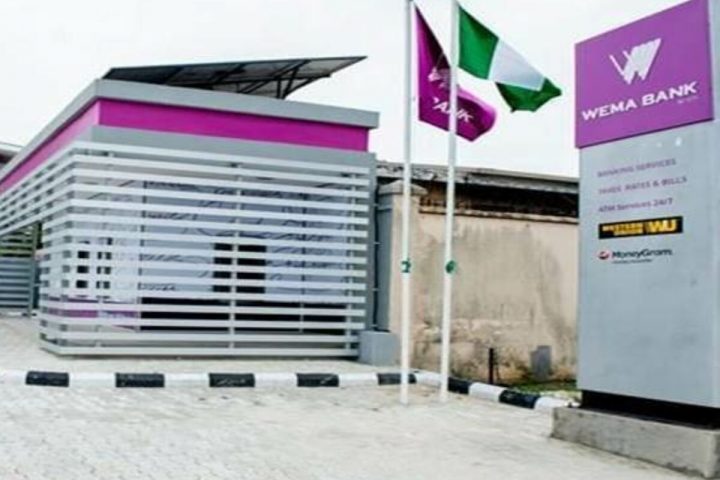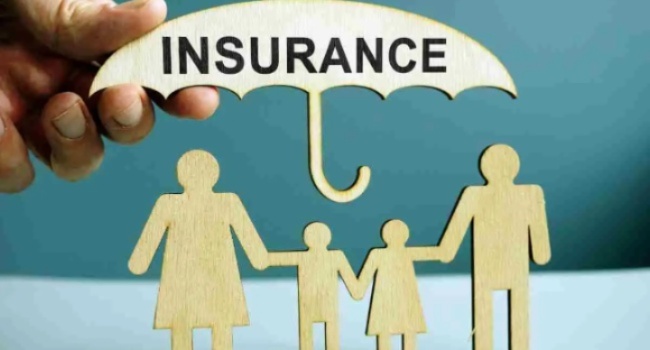What is the Dollar to Naira Exchange Rate at the Black Market, also known as the Parallel Market (Aboki fx)?
The exchange rate for the US dollar (USD) to Nigerian Naira (NGN) in the black market, also known as the parallel market or Aboki fx, is ₦1,510 for 1 USD As of June 17th, 2024.
This rate is sourced from the latest data provided by Bureau De Change (BDC) operators.
Join our WhatsApp ChannelHow Much is a Dollar to Naira Today in the Black Market?
Dollar to naira exchange rate today black market (Aboki dollar rate):
In Lagos, buyers in the parallel market are purchasing a dollar for ₦1,510 and selling it at ₦1,500. This is a slight increase from the rate recorded on June 13th, 2024, when buyers purchased a dollar for ₦1,490 and sold it for ₦1,480.
The increase highlights the fluctuating nature of the exchange rate in the black market, reflecting real-time currency dynamics outside of the official channels.
John Obinna, a currency trader in Lagos, explained, “The demand for dollars has been high, pushing the rates up. People need dollars for various reasons, from business transactions to personal needs, and the official channels often don’t meet this demand promptly.”
Dollar To Naira Black Market Rate Today
Today’s black market rates are crucial for various stakeholders, including businesses and individuals making forex transactions.
READ ALSO: Black Market Dollar (USD) To Naira (NGN) Exchange Rate Today 16th June 2024
The black market rate often provides a more immediate reflection of the currency’s value compared to the official rates. Here are the current figures:
- Buying Rate: ₦1,510
- Selling Rate: ₦1,500
These rates are indicative of the ongoing economic pressures and the demand-supply dynamics affecting the Naira’s value against the dollar. Understanding these rates helps in making informed financial decisions, especially for those involved in import-export businesses or those sending money abroad.
Dollar to Naira CBN Rate Today
In contrast, the official CBN rates for the same day are:
- Buying Rate: N1481
- Selling Rate: N1482
It is essential to differentiate between the black market rates and the official rates provided by the Central Bank of Nigeria (CBN). The CBN’s official rate for the dollar to Naira may differ significantly from the black market rates. The CBN rate, as of today, remains more stable but is generally lower than the black market rate, aiming to control inflation and stabilize the economy.
Variations In Forex Rates
Forex rates can vary based on the market and the institution. Here are the rates from major Nigerian banks for comparison:
- Guaranty Trust Bank (GTB):
– Buying rate: ₦1,490 – ₦1,500
– Selling rate: ₦1,495 – ₦1,510 - First Bank of Nigeria (FBN):
– Buying rate: ₦1,485 – ₦1,500
– Selling rate: ₦1,490 – ₦1,505 - United Bank for Africa (UBA):
– Buying rate: ₦1,480 – ₦1,500
– Selling rate: ₦1,485 – ₦1,505 - Zenith Bank:
– Buying rate: ₦1,485 – ₦1,500
– Selling rate: ₦1,490 – ₦1,505 - Access Bank:
– Buying rate: ₦1,480 – ₦1,500
– Selling rate: ₦1,485 – ₦1,505Please note that these rates are subject to change and may vary depending on your location and dealer.
Navigating the Currency Exchange Landscape
Staying informed about the current exchange rates is vital for anyone involved in forex transactions. While the black market rates provide an immediate snapshot of currency values, it’s important to approach these rates with caution. The CBN continuously emphasizes the need for regulatory compliance and the use of official channels to ensure transparency and stability in forex transactions.
Economic analysts suggest that the fluctuations in the black market rates can serve as an indicator of broader economic conditions. For instance, high demand for dollars may signify underlying economic issues such as inflation or economic instability.
However, the black market rates for the dollar to naira exchange provide a critical perspective on the real-time value of the currency. However, individuals and businesses are encouraged to adhere to official channels for their transactions. As economic conditions evolve, staying updated with both black market and official rates is essential for making sound financial decisions.
Emmanuel Ochayi is a journalist. He is a graduate of the University of Lagos, School of first choice and the nations pride. Emmanuel is keen on exploring writing angles in different areas, including Business, climate change, politics, Education, and others.
- Emmanuel Ochayihttps://www.primebusiness.africa/author/ochayi/
- Emmanuel Ochayihttps://www.primebusiness.africa/author/ochayi/
- Emmanuel Ochayihttps://www.primebusiness.africa/author/ochayi/
- Emmanuel Ochayihttps://www.primebusiness.africa/author/ochayi/




















Follow Us